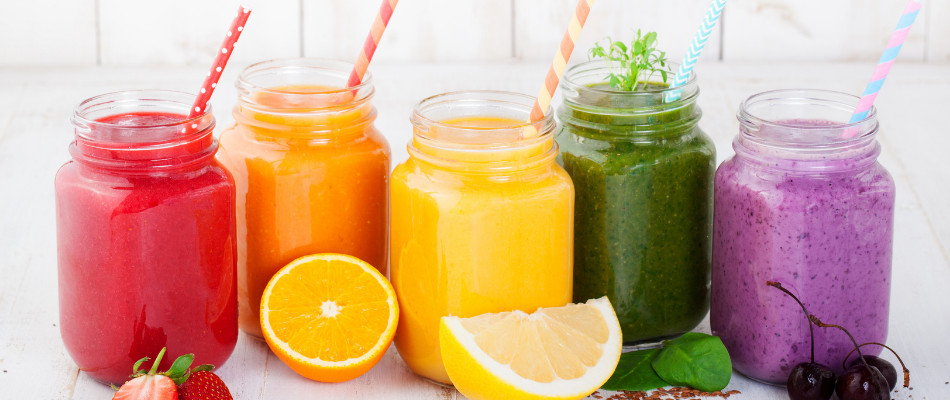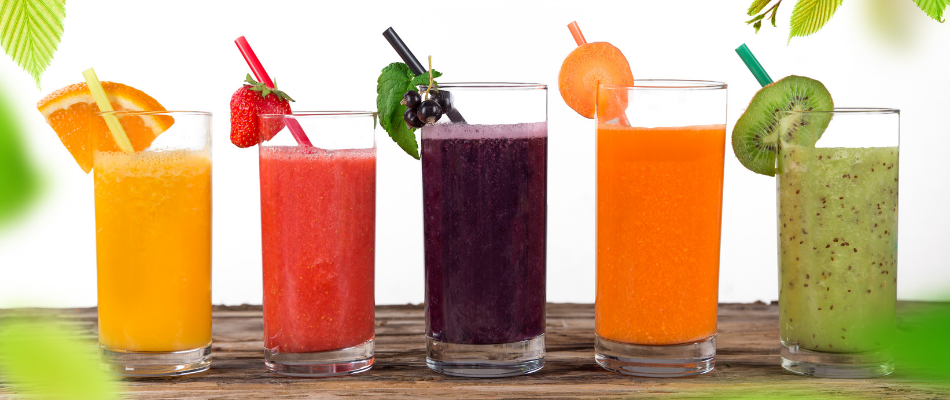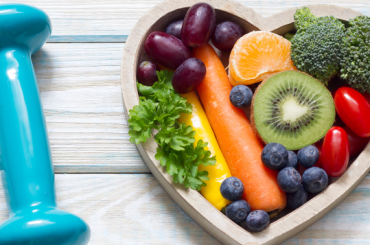- Keeping Lunch Boxes Healthy - September 14, 2023
- Chat GPT: The Future of Business Communication is Here! - February 16, 2023
- What are Cognitive Enhancers or Nootropic Supplements and How do They Work? - November 10, 2022
This week’s article is devoted to the many daily choices we have – choices that could influence our health in the long run, choices that we might make under the impression that we are making a health-conscious decision, but in fact, are not. We all want to be more calorie conscious by making better choices, and we are starting by looking at what we drink.
Historically, we started out drinking water. Thereafter, our ancestors realised that milk from animals could add value to our diet. And then came wine, beer, coffee, and tea, which were consumed for pleasure. Most recently, we’ve included sugary drinks – sodas, sports, and energy drinks. But what is best for our health? (We think you know the answer – but who wants to only drink water, right?).


So let us have a look at the different options listed above and the choices you have.
Water
Yes, water is the best choice for quenching your thirst. Not only is water an essential liquid, it is also your body’s principal chemical component. The water in your body keeps your temperature normal, lubricates and cushions your joints, protects tissues, and gets rid of waste. Can you drink too much water? According to the U.S. National Academies of Sciences, Engineering, and Medicine, drinking too much water is rarely a problem for healthy, well-nourished adults.
Tea
The most popular beverage in the world after water is tea. The variety of flavours offered by this beverage is astounding, but black tea is most popular, followed by green, oolong and white tea. Tea is made from dried herbs, leaves, roots, seeds, fruit, flowers, and spices – which explains the flavour variety.
Depending on the tea blend, the drink contains caffeine and polyphenols (plant chemicals with different health properties). Polyphenols act as antioxidants, which control the free radicals in your body. All said, tea is certainly a viable option as a regular drink, but what is added to that cup of tea is what makes it a low or high calorie drink. Adding milk and sugar means you are adding more calories into your cuppa.
Coffee
Often a source of news articles, the debate around the health benefits of coffee continues. Recently (in 2016), the World Health Organisation took coffee off its list of carcinogens. But coffee is a complex drink – it contains caffeine, Vitamin B2 (riboflavin), magnesium and plant chemicals.
Coffee is a medium for caffeine, and we cannot continue the discussion of the next drink without mentioning this chemical. Caffeine is a mild stimulant that, in small doses, increases alertness and may help people to concentrate, while higher doses can cause anxiety, insomnia, restlessness and an increased heart rate.
So how much is enough? It is recommended that two to four cups of caffeinated beverages a day are enough – but everyone absorbs caffeine in different ways, so again, this could be answered by you only.
Soda and flavoured water
On average, a can of soda can contain up to 13 teaspoons of sugar – much higher than the required daily sugar intake of six teaspoons (and six teaspoons from all the food that we consume).
What about ‘diet’ cool drinks? The label on the can or bottle will indicate the amount of sugar added to the beverage. Also, look out for words like fructose (fruit sugar), syrup, corn syrup, fruit juice concentrates, honey, sucrose, and dextrose. These words all indicate that there is sugar in the drink you are about to have.
What should I be drinking?
Water is always the healthiest choice. And yes, some people do not like water, so what do we do?
- Add berries, lime, lemon, cucumber to your water – it makes for an interesting drink without packing on the calories.
- Go with the fizz – choose sparkling water.
- Drink tea and coffee but reduce the sugar or milk you add to it. Before you know it, you may be drinking a cup of black tea/coffee and loving it.
- Read the labels of drinks and look out for added sugar in your favourite beverage.
- Carry a bottle of water with you and refill it during the day.
- Keep water in the car if you travel a lot.
Be conscious of your liquid intake throughout the day. You might be consuming as many calories by drinking a cup of coffee (with added sugar) than you are by eating a light salad. Cut out the extras and make healthier liquid choices.
In next week’s article we will continue with our investigation into liquids.
Read also:


